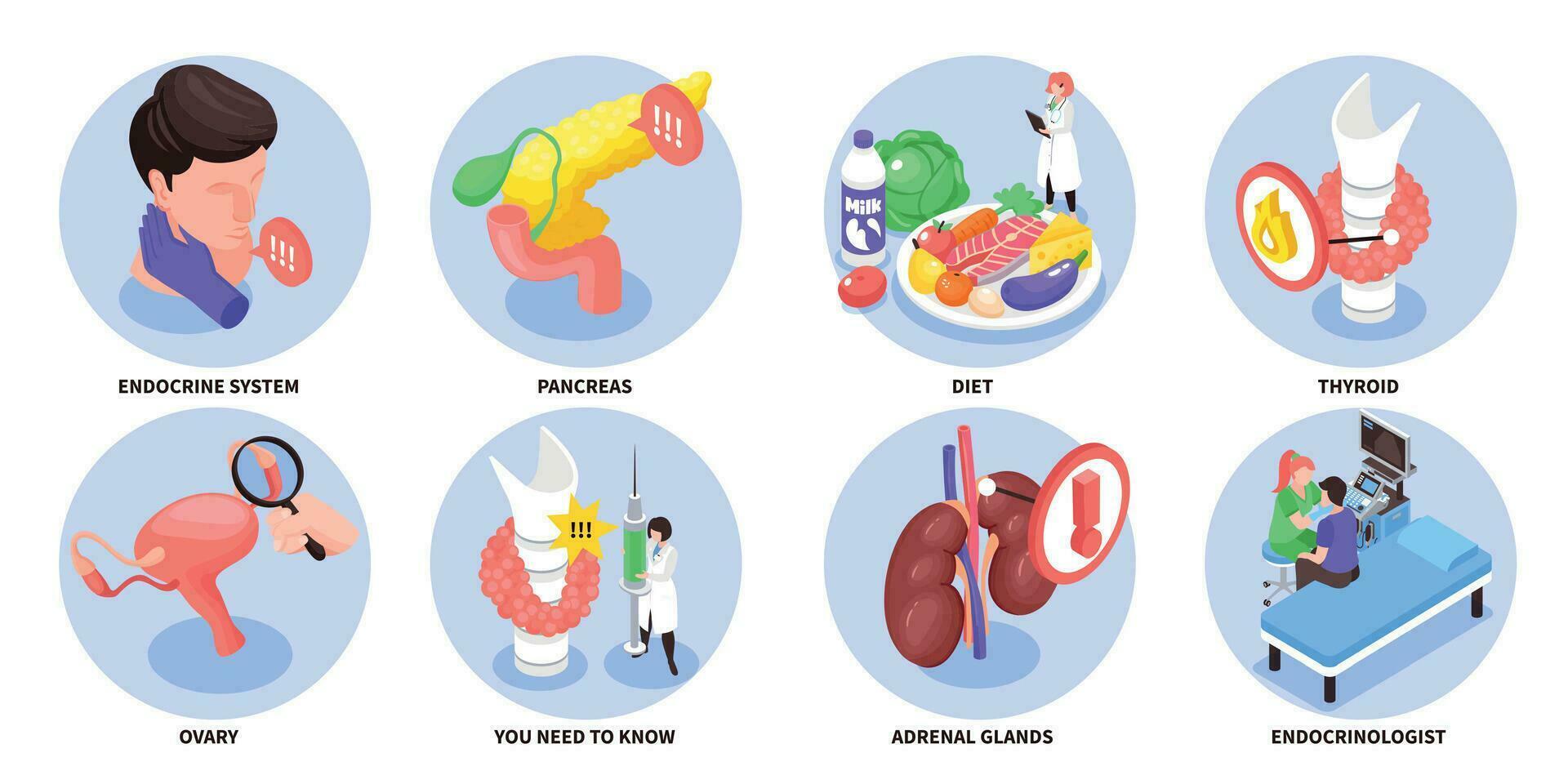Endocrinology: Looking Into the Globe of Hormonal Agents and Health and wellness
Wiki Article
The Scientific Research Behind Hormone Policy: Insights From an Endocrinologist
The Scientific Research Behind Hormone Regulation: Insights From an Endocrinologist offers a thorough expedition of the complex procedures entailed in hormonal agent policy. Whether you are a medical specialist looking for a deeper understanding of endocrine feature or a specific interested in discovering about the scientific research behind hormonal agent policy, this book is a very useful source.Hormones and Their Features
Hormones play vital duties in the guideline and coordination of numerous physiological procedures within the body. These chemical messengers are produced by endocrine glands and are launched into the bloodstream, where they take a trip to target cells or organs to apply their impacts. The functions of hormonal agents vary and incorporate almost every aspect of human physiology.One of the primary features of hormones is to preserve homeostasis, which is the stable internal setting needed for the body to function efficiently. Insulin, a hormone created by the pancreatic, regulates blood sugar levels by advertising the uptake and storage space of glucose in cells. An additional hormonal agent, cortisol, helps the body reply to stress by boosting blood sugar level levels and subduing the immune system.
Hormones likewise play critical roles in growth and advancement. Growth hormone, generated by the pituitary gland, stimulates the development of tissues and bones, while thyroid hormones manage metabolism and affect the growth of the nervous system - Endocrinologist in cedar park. In addition, reproductive hormones, such as estrogen and testosterone, are responsible for the advancement and maintenance of additional sexual attributes and the law of the menstrual cycle
The Endocrine System: An Overview
Playing an important duty in the law and control of physiological processes, the endocrine system is a complex network of glands that produce and release hormones right into the blood stream. These glands, consisting of the hypothalamus, pituitary gland, thyroid gland, adrenal glands, pancreatic, ovaries, and testes, produce hormonal agents that work as chemical carriers, affecting different bodily functions. The endocrine system works in conjunction with the nerves to manage and preserve homeostasis, ensuring that the body's internal setting continues to be secure.It generates hormonal agents that stimulate or hinder the launch of hormonal agents from the pituitary gland, which in turn controls the activity of other endocrine glands. The thyroid gland, located in the neck, creates hormones that manage metabolic process and energy balance.

Regulation of Hormonal Agent Production
The policy of hormonal agent production involves an intricate interplay between numerous glands and comments mechanisms within the endocrine system. Hormonal agents are chemical messengers that play an essential duty in preserving homeostasis and coordinating different physiological procedures in the body. The production of hormonal agents is securely controlled to make sure the proper performance of the endocrine system.The hypothalamus, located in the mind, acts as a key regulator of hormone manufacturing. It releases hormonal agents that stimulate or prevent the production of hormones by the pituitary gland, which is often referred to as the "master gland" of the endocrine system. The pituitary gland, subsequently, creates hormonal agents that act on various target glands throughout the body, boosting them to produce and release details hormones.
Responses devices additionally play a vital role in hormone policy. When hormone levels increase above or drop below the ideal variety, the body triggers devices to either decrease or rise hormone production, respectively, to restore balance.
Feedback Loops in Hormonal Agent Law
Responses loopholes play an essential duty in the guideline of hormonal agent production. These loops include a collection of interactions between the endocrine glands, hormonal agents, and target body organs to preserve homeostasis in the body. There are two kinds of comments loops: negative comments and positive responses.When hormone degrees increase over a specific threshold, the hypothalamus in the brain signals the pituitary gland to lower hormone manufacturing. Conversely, when hormonal agent levels drop listed below the threshold, the hypothalamus promotes the pituitary gland to increase hormonal agent Discover More production, restoring balance.
Favorable feedback loops, on the various other hand, enhance hormonal agent manufacturing. This occurs when a hormone promotes the launch of more of the exact same hormonal agent, leading to a fast rise in its levels. Positive comments loopholes are much less common in hormone guideline and are generally involved in specific physiological processes, such as giving birth and lactation.
Aspects Affecting Hormone Balance
Elements influencing hormone equilibrium include dietary choices, way of life routines, and environmental exposures. These factors can have a considerable effect on the delicate equilibrium of hormones in the body, impacting different physical processes and overall health and wellness.Nutritional options play a vital function in hormonal agent guideline. Taking in a balanced diet plan that consists of a range of nutrients is see this website vital for preserving hormone equilibrium.
Sufficient rest is essential for hormonal agent production and guideline, as interrupted rest patterns can lead to discrepancies. In addition, chronic stress and anxiety can dysregulate the hypothalamic-pituitary-adrenal (HPA) axis, a crucial gamer in hormone guideline, leading to a waterfall of hormonal discrepancies.

Verdict
To conclude, recognizing the scientific research behind hormone law is important for preserving general wellness and health. Hormonal agents play crucial functions in numerous bodily functions, and their production is controlled by complicated responses loopholes. Aspects such as tension, diet plan, and way of life choices can affect hormone equilibrium. By studying and understanding these mechanisms, we can better recognize and handle hormone-related problems, inevitably causing boosted health end results.The Scientific Research Behind Hormone Law: Insights From an Endocrinologist supplies a thorough exploration of the complex procedures entailed in hormonal agent guideline. It generates hormones that prevent the launch or stimulate of hormones from the pituitary gland, which in turn regulates the activity of various website link other endocrine glands. It launches hormonal agents that boost or prevent the manufacturing of hormonal agents by the pituitary gland, which is typically referred to as the "master gland" of the endocrine system. The pituitary gland, in turn, produces hormones that act on numerous target glands throughout the body, stimulating them to produce and release particular hormonal agents.
When hormone degrees increase above a certain threshold, the hypothalamus in the brain signifies the pituitary gland to lower hormonal agent production. (Endocrinology)
Report this wiki page